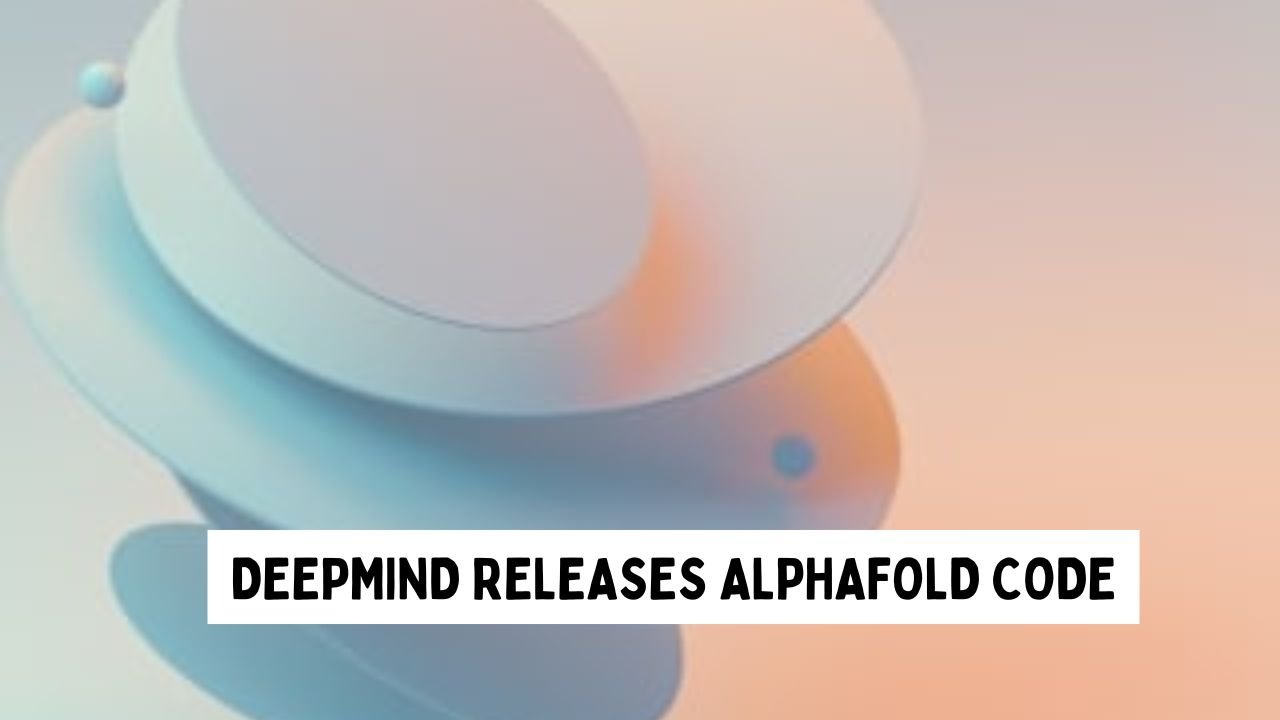Google DeepMind has released the source code for AlphaFold 3, marking a significant milestone in the field of protein structure prediction. This latest version represents a revolutionary advancement in the technology, offering enhanced accuracy and expanded capabilities for modeling complex molecular interactions.
Major Improvements in Accuracy and Capability
The new iteration of AlphaFold brings substantial improvements, with a reported 50% increase in accuracy compared to its predecessor. Beyond simple protein structure prediction, the system now excels at modeling intricate interactions between proteins and various biological molecules, including DNA, RNA, and ligands.
Key advancements include:
- Superior prediction accuracy for protein-protein interactions
- Enhanced modeling of protein-DNA and protein-RNA complexes
- Improved capability to analyze ligand effects on protein structures
- Expanded capacity for handling complex molecular assemblies
- Faster and more efficient prediction generation
Open-Source Release Promotes Scientific Collaboration
The release of AlphaFold 3’s source code and model weights marks a significant step toward transparency in AI-driven biological research. Available through GitHub for academic and non-commercial use, this release enables researchers worldwide to implement the full inference pipeline of AlphaFold 3.
“This release represents our commitment to advancing scientific discovery through collaboration,” stated Pushmeet Kohli from Google DeepMind. The move aligns with DeepMind’s previous strategy of open-sourcing earlier versions of AlphaFold and is expected to accelerate progress in various fields of biological research.
Impact on Scientific Research
The scientific community has already begun leveraging AlphaFold 3’s capabilities to achieve significant breakthroughs. Researchers have reported several key accomplishments:
- Discovery of previously unknown protein-protein interactions
- Acceleration of drug discovery processes through improved prediction of therapeutic compound interactions
- Enhanced understanding of genetic diseases at the structural level
- Development of specialized applications across various research domains
The open-source nature of the code has fostered a collaborative environment, enabling researchers to adapt and build upon the model for their specific research needs. This accessibility is expected to drive innovation and accelerate scientific discoveries across multiple disciplines in molecular biology and drug development.
These advancements position AlphaFold 3 as a crucial tool in addressing complex challenges in structural biology and accelerating the pace of scientific research in related fields.

